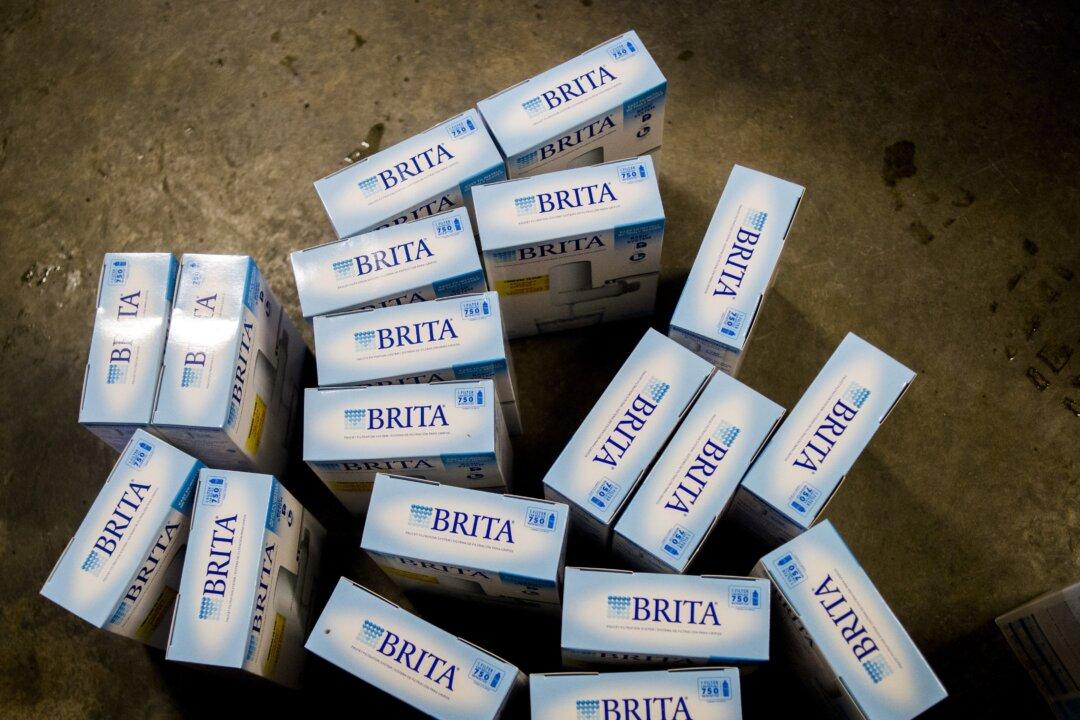A California resident sued Brita, the water filter maker, which is owned by Clorox, for allegedly misleading consumers about the effectiveness of their products.
The plaintiff, Nicholas Brown, filed a proposed class-action lawsuit against Brita on Aug. 16 in a California state court in Los Angeles and accused the firm of violating state consumer protection and unfair competition laws by “misleadingly and deceptively marketing” its filters.





